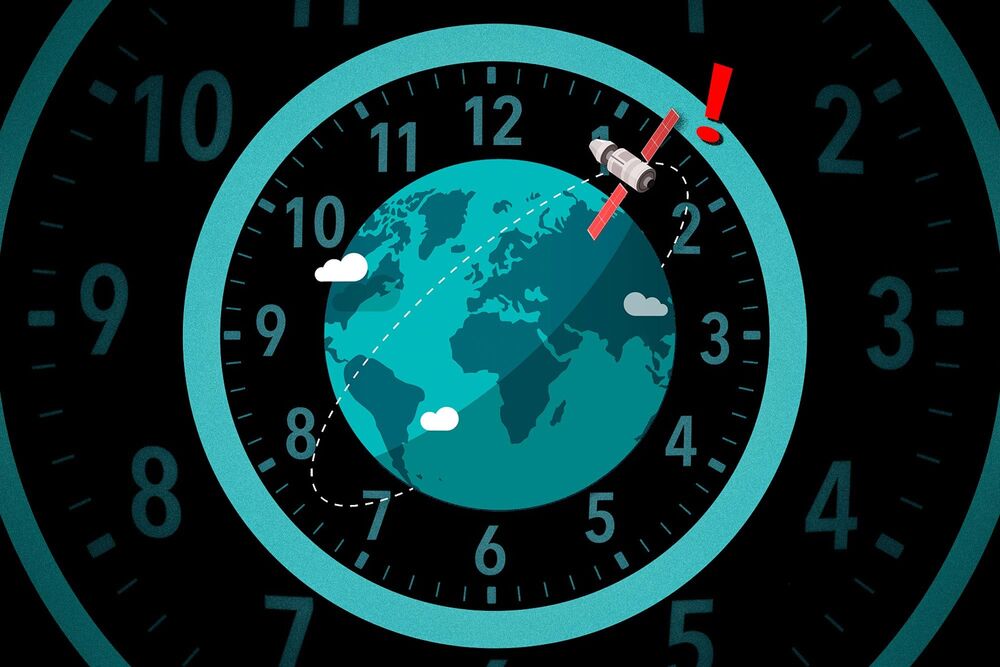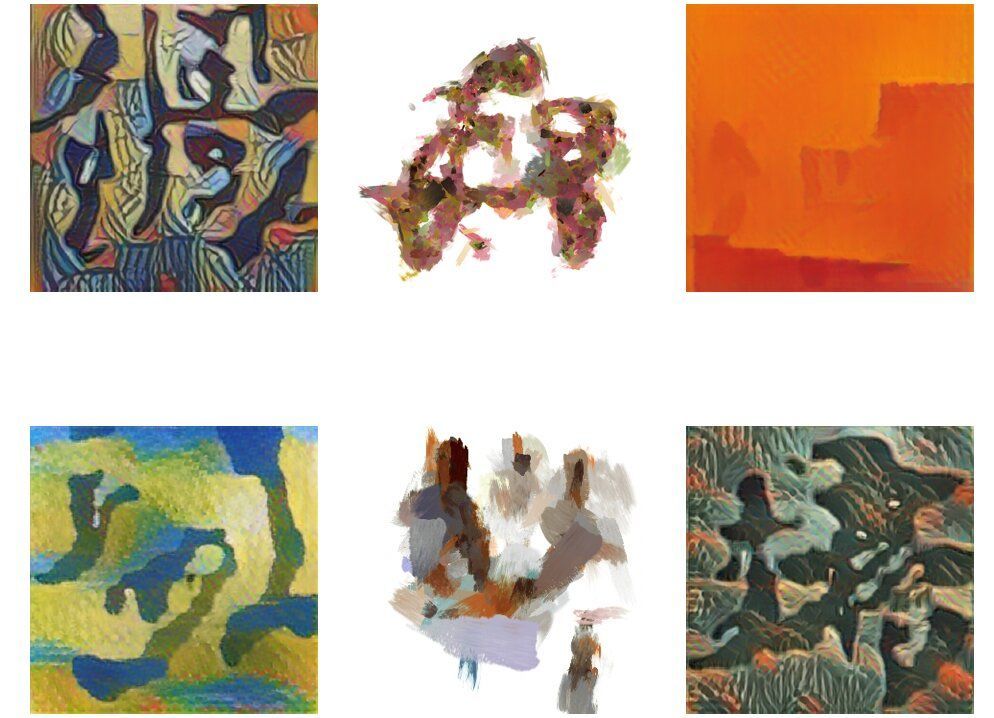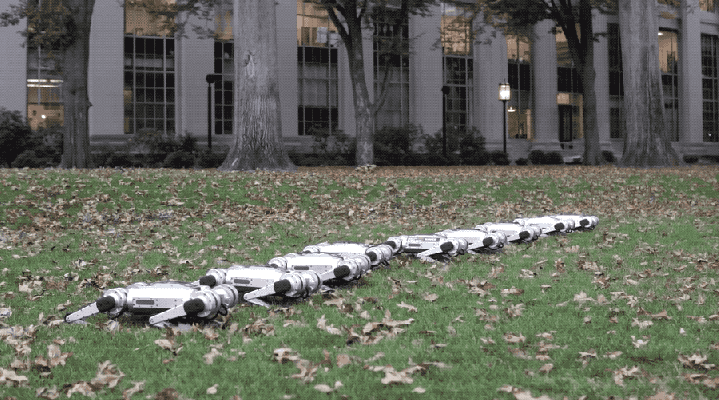A new deep-learning algorithm could provide advanced notice when systems — from satellites to data centers — are falling out of whack.
When you’re responsible for a multimillion-dollar satellite hurtling through space at thousands of miles per hour, you want to be sure it’s running smoothly. And time series can help.
A time series is simply a record of a measurement taken repeatedly over time. It can keep track of a system’s long-term trends and short-term blips. Examples include the infamous Covid-19 curve of new daily cases and the Keeling curve that has tracked atmospheric carbon dioxide concentrations since 1958. In the age of big data, “time series are collected all over the place, from satellites to turbines,” says Kalyan Veeramachaneni. “All that machinery has sensors that collect these time series about how they’re functioning.”







